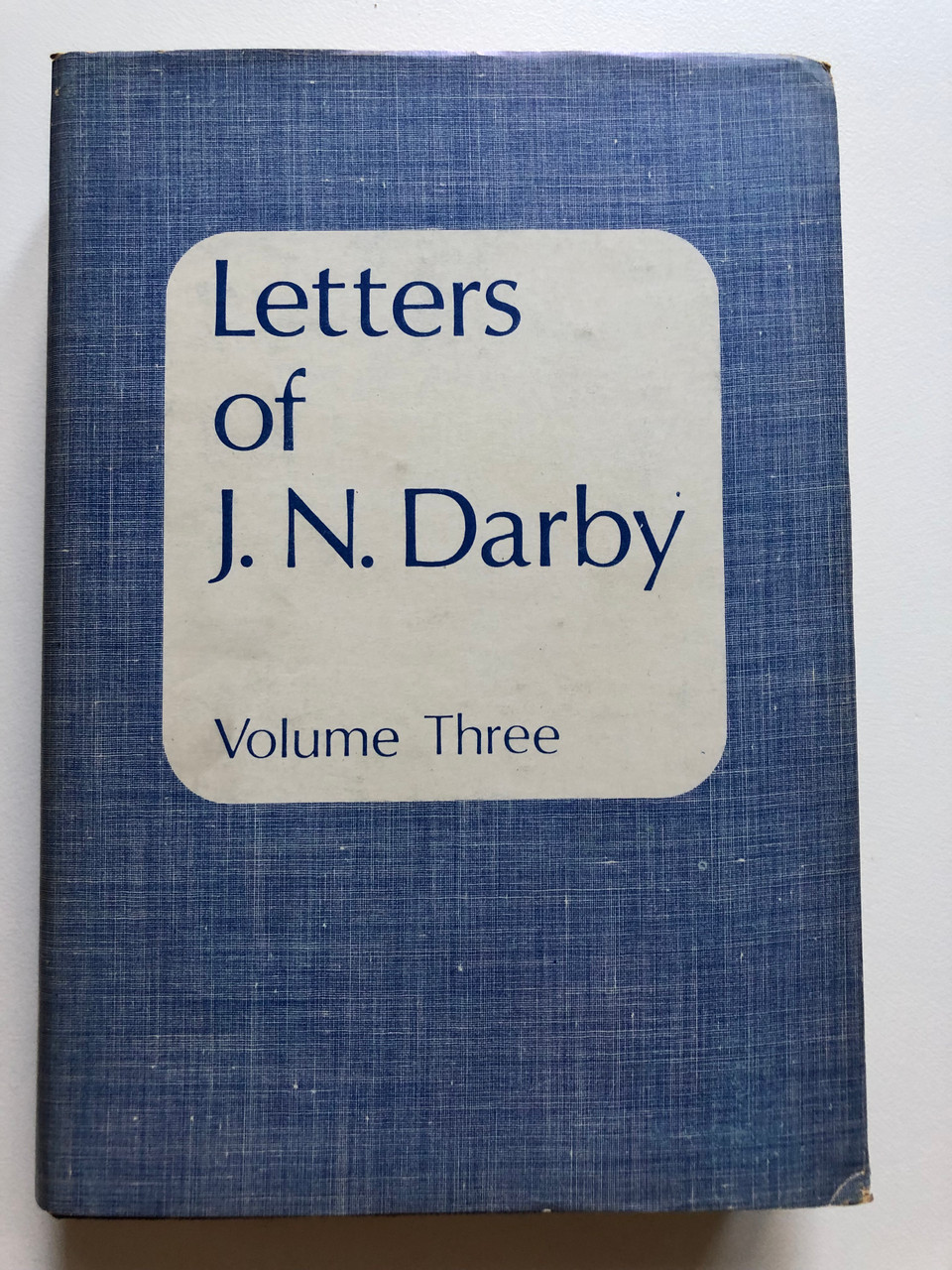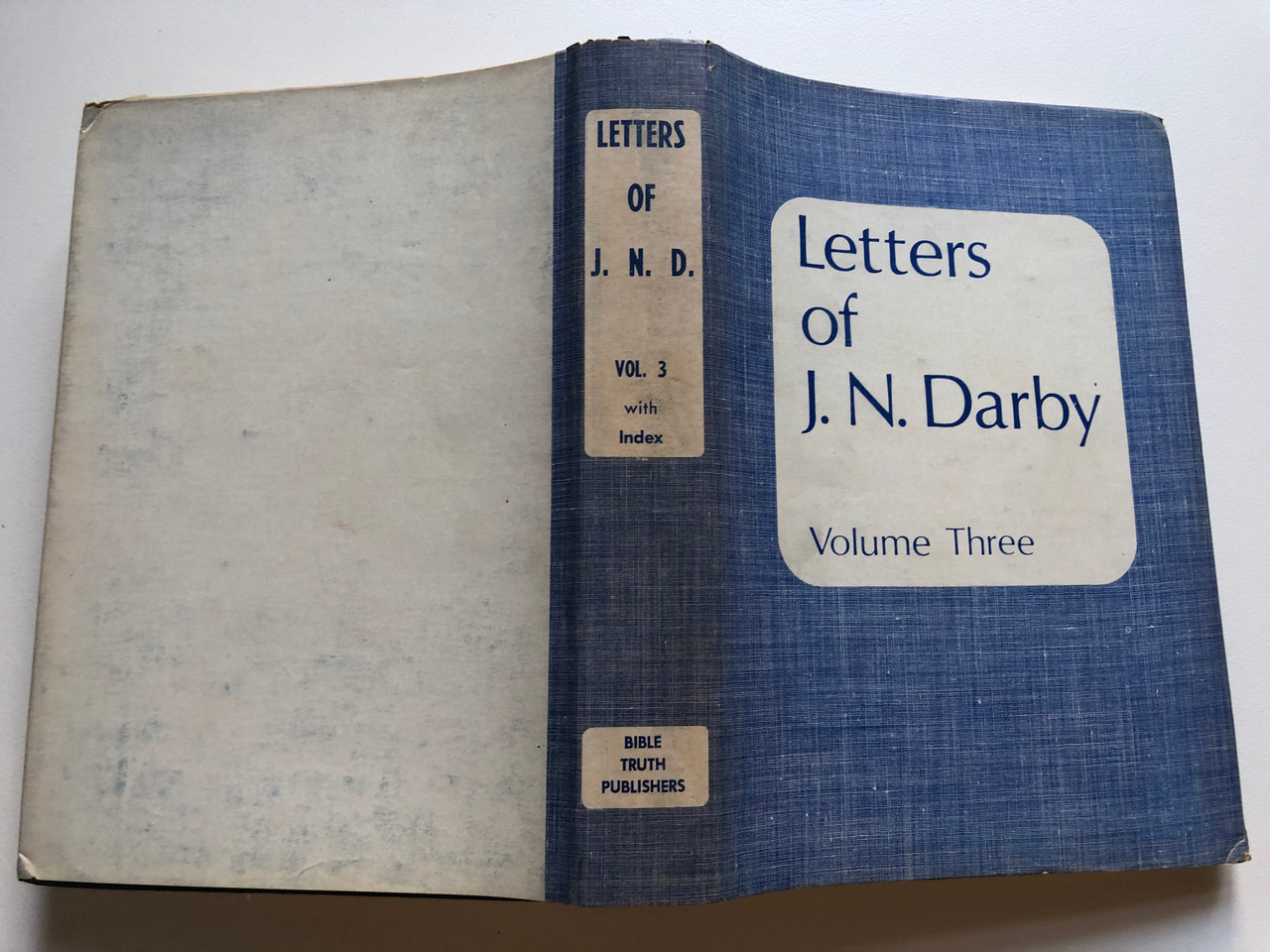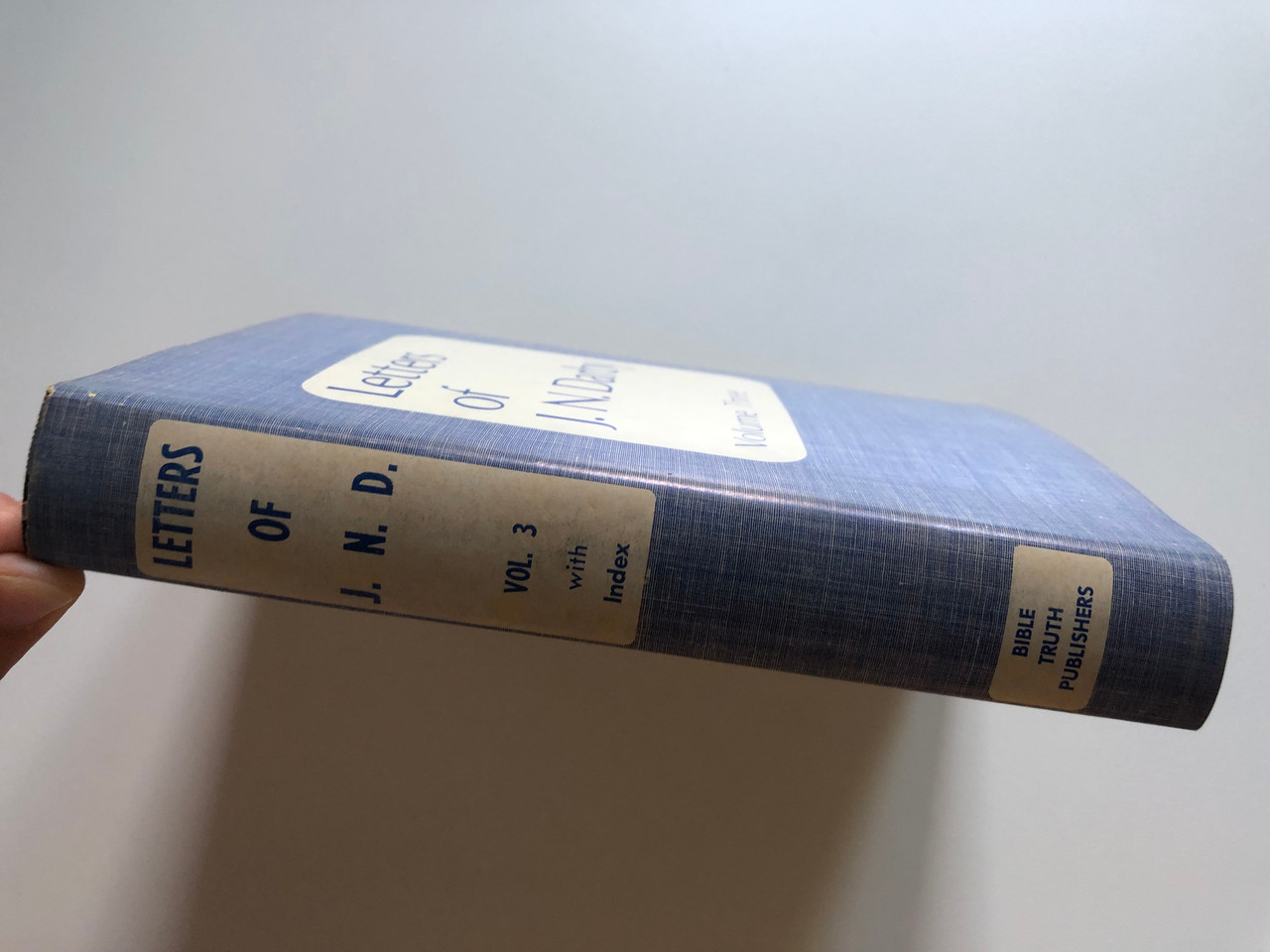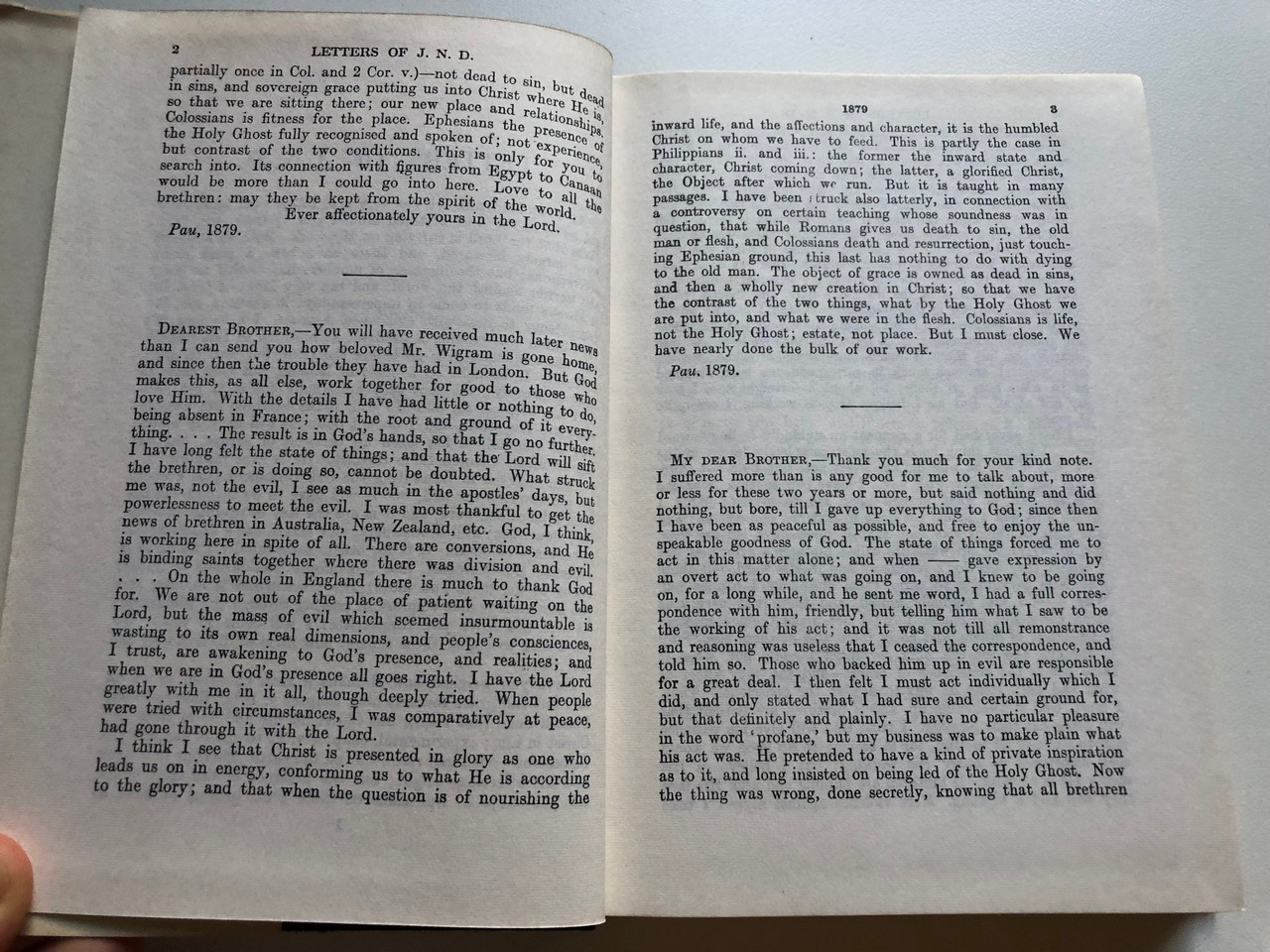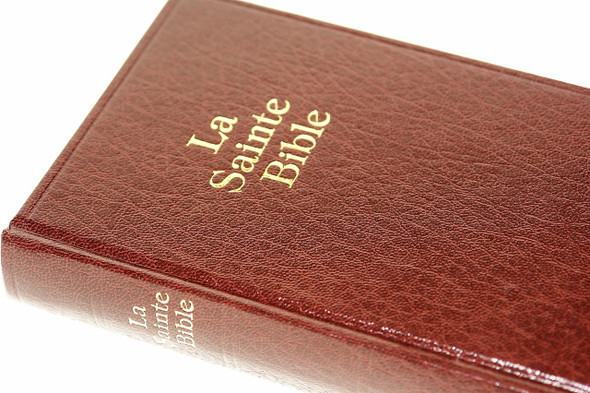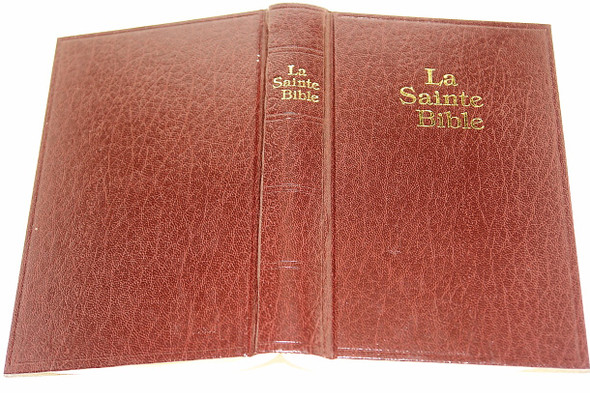Description
Letters of J.N. Darby, Volume Three (1879–1882)
Overview
Letters of J.N. Darby, Volume Three (1879–1882) captures the final years of correspondence from John Nelson Darby, an Anglo-Irish theologian renowned as the father of modern Dispensationalism and a foundational figure in the Plymouth Brethren movement. Reprinted in 1971 by Bible Truth Publishers, this volume provides unique insights into Darby’s theological reflections, pastoral ministry, and the culmination of his lifelong work as a Bible teacher and translator.
These letters showcase Darby’s enduring dedication to the principles of faith, his profound engagement with Scripture, and his commitment to spreading the Gospel across the globe. They are a vital resource for understanding his legacy and the theological framework he championed.
Product Features
- Author: John Nelson Darby
- Publisher: Bible Truth Publishers
- Publication Date: Reprinted 1971 (Original letters from 1879–1882)
- Language: English
- Format: Hardcover
- Pages: Not specified
Interesting Facts
- Enduring Ministry: Despite declining health, Darby continued to write and engage with assemblies around the world until his passing in 1882.
- Bible Translation Legacy: During this period, Darby’s translations of Scripture, including the Elberfelder Bibel (German) and Pau Bible (French), continued to influence international theological study.
- Theological Pillars: His letters address critical issues like pre-tribulation rapture theology, the independence of the Church from state control, and the proper exposition of Scripture.
- International Influence: Darby’s correspondence highlights his extensive travels and ministry across Europe, North America, and the British colonies, leaving a global impact on evangelical thought.
- Spiritual Songs: Beyond his theological contributions, Darby’s hymns and spiritual songs remain a cherished aspect of his legacy, reflecting his deep devotion and poetic gift.
Publishers
Reprinted by Bible Truth Publishers, this volume ensures the preservation of J.N. Darby’s theological and pastoral insights for current and future generations.
We value your feedback! Share your experience with this product to help others make informed decisions. Your review is important to us!
Hashtags
#JNDarbyLetters #PlymouthBrethren #Dispensationalism #BibleTruthPublishers #ChristianTheology #ExclusiveBrethren #PreTribulationRapture #ChristianHistory #JohnNelsonDarby #LettersOfFaith #RareBooks #ChristianMinistry #BiblicalScholarship #BuyOnline #HistoricalTheology












































